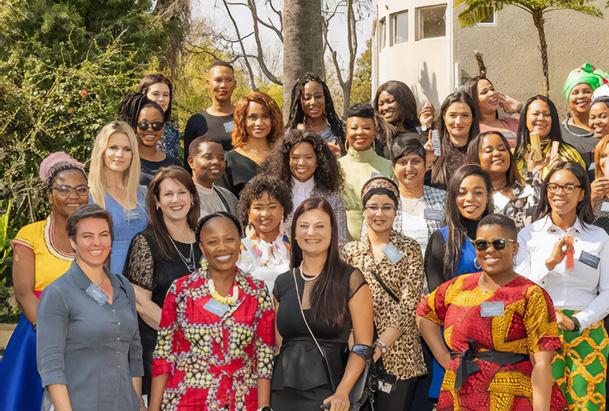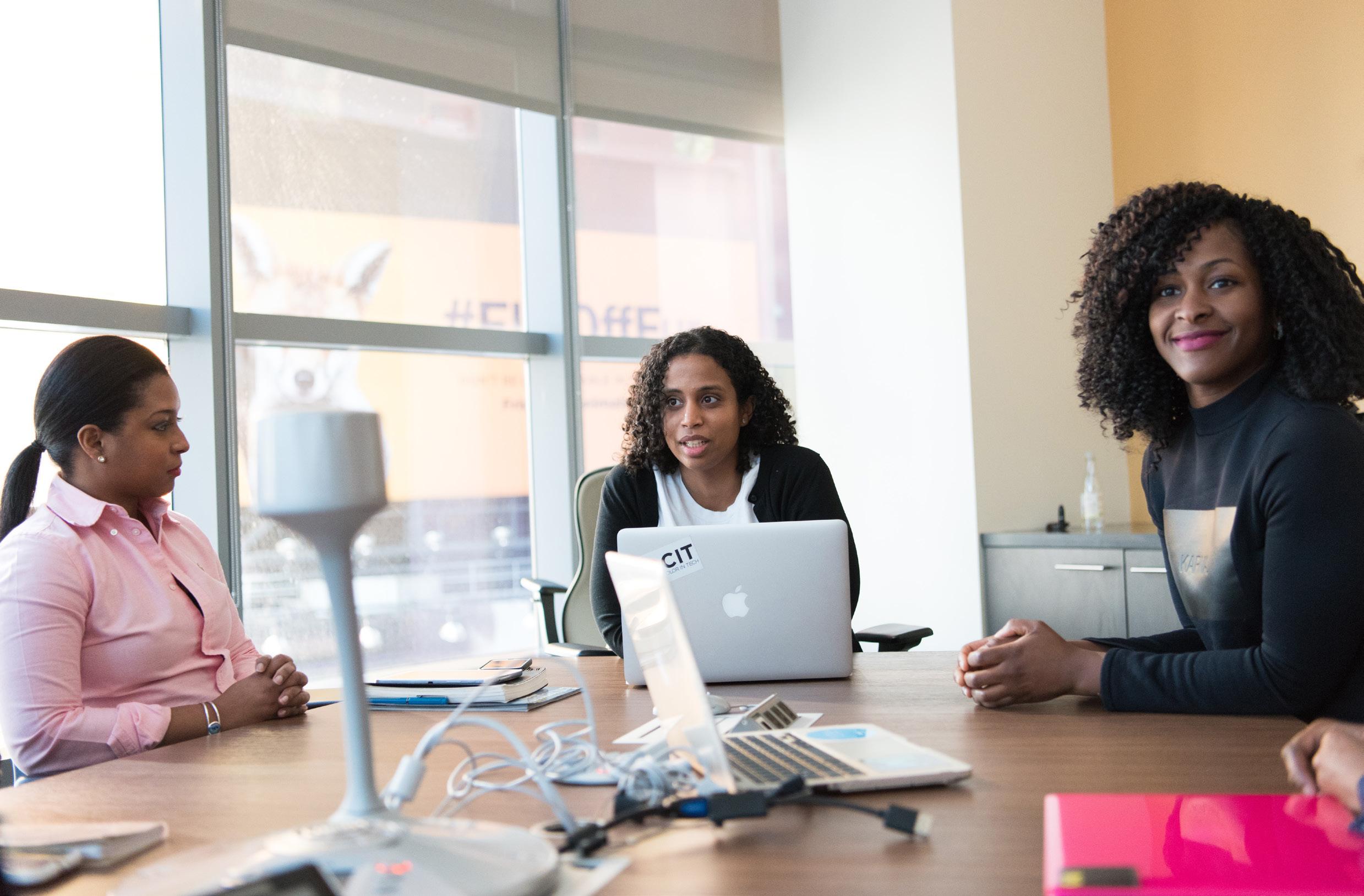
5 minute read
THE GENDER PAY GAP IS STILL AN UNCOMFORTABLE REALITY
#EmbraceEquity was the most popular hashtag on Twitter and Instagram around the world on 8 March 2023. The slogan was the tagline for International Women’s Day (IWD) and in the age of instantly shareable messages, it travelled far and wide.
“What we’re seeing is a coordinated effort globally to make the lives of girls and women better,” says Nthakoana Maema, CEO of impact incubator, Oribi.
Advertisement
The Oribi incubation model helps women discover economic freedom through collective networks and entrepreneurship development.
Oribi also tackles long-lasting legacy issues and aims to foster a society where gender norms are challenged. “The income and pay gap still exists in South Africa and the world,” Maema says, “and we need to empower all stakeholders to take women’s issues seriously.” The gender pay gap remains a global issue that’s of particular concern in Africa and South Africa, where estimates put the median wage difference between men and women at a high of 35%. More female business owners mean a bigger economy with a greater number of opportunities for everyone.
These businesses often benefit wider society as a whole. What challenges still need to be tackled for female employees and business owners?
Funding Is A Challenge
More and more women are entering male-dominated spheres but their ability to attract funding for their business is often stymied. “Property ownership is typically used as collateral for a business loan, yet female entrepreneurs often don’t qualify,” Maema notes. “Banks can be rigid in their approach, and when credit is offered, it’s often a reduced sum. This, despite the fact that female entrepreneurship creates jobs, lessens poverty and improves living standards.” Typically, female entrepreneurs might turn to the government for assistance, but the process tends to be less than positive with red tape the norm.
Often, government agencies don’t understand what the money is needed for, responses lack a gendered lens and so female entrepreneurs are forced to use their own savings or look for the help of an angel investor. “Regulatory red tape is a reality for everyone,” Maema says, “but there’s an unspoken yet pervading assumption that female entrepreneurs might be less capable of handling the loan, and so even more stumbling blocks are put up in their way.”
Outdated Models Of Thinking
The goal is to stop signalling to children that they’re better at different things because of their gender, Maema notes, because all that does is limit people. In reality, while women entrepreneurs do sometimes choose jobs in the care economy, there are countless examples of female inventors, engineers and scientists who deserve a spotlight: incredible women like Dr Keabetswe Ncube, a Genomics Specialist at Inqaba Biotechnical, or Dr Sylvia Fanucchi, a Protein Biochemist and Senior Lecturer at Wits University.
“It’s absolutely okay for a woman to want to work in the care economy – this work should be valued – but they should also feel free to enter a ‘male-dominated’ field,” Maema says. “Yet we rarely publicise the women who do valuable work in the sciences and so this creates the misconception that there’s a neat little box for each gender.”
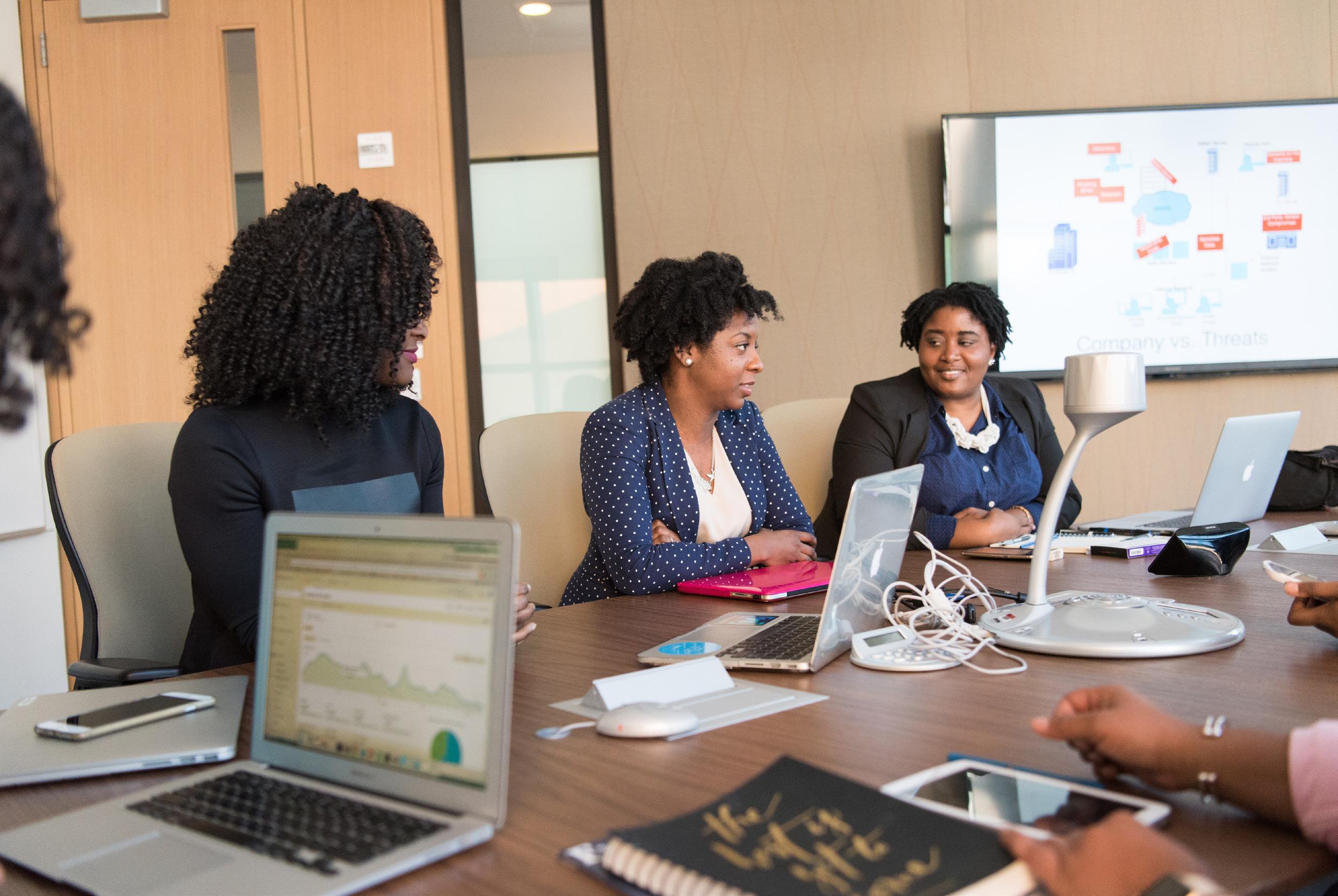
The Gender Pay Gap Is Still An Uncomfortable Reality
There’s much to be positive about, Maema says, but still a lot more to be done. The gender pay gap remains a global issue that’s of particular concern in South Africa. What’s more, unemployment figures are high among women. As President Cyril Ramaphosa noted at the Second Women Economic Assembly in 2022, 47% of South African women aged between 15 and 64 are deemed “economically inactive”.
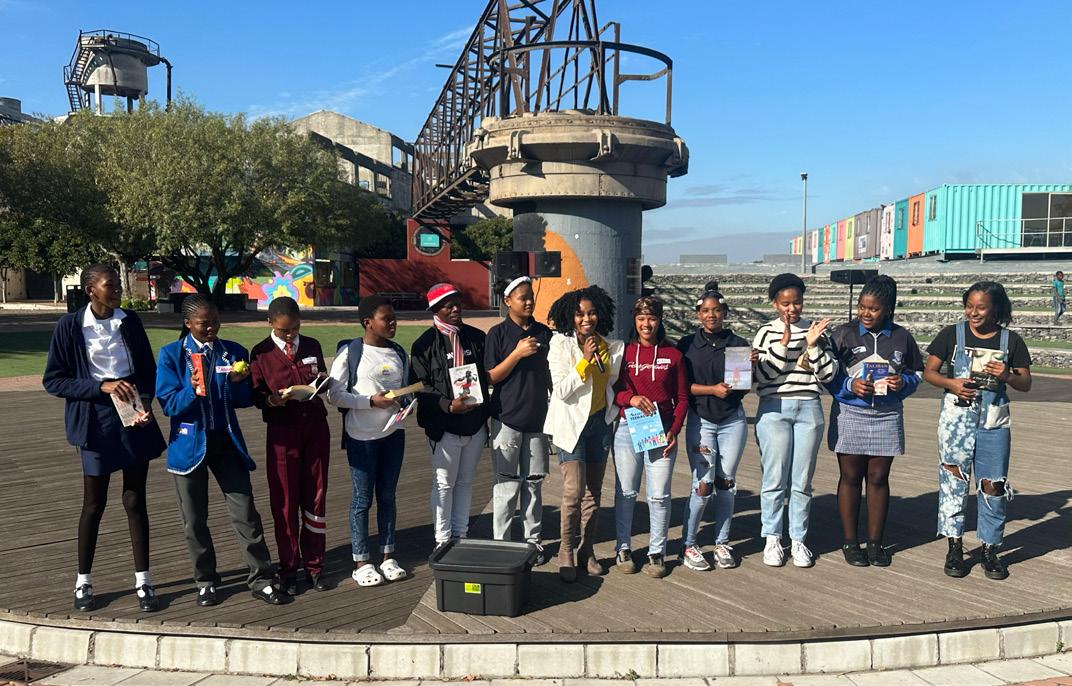
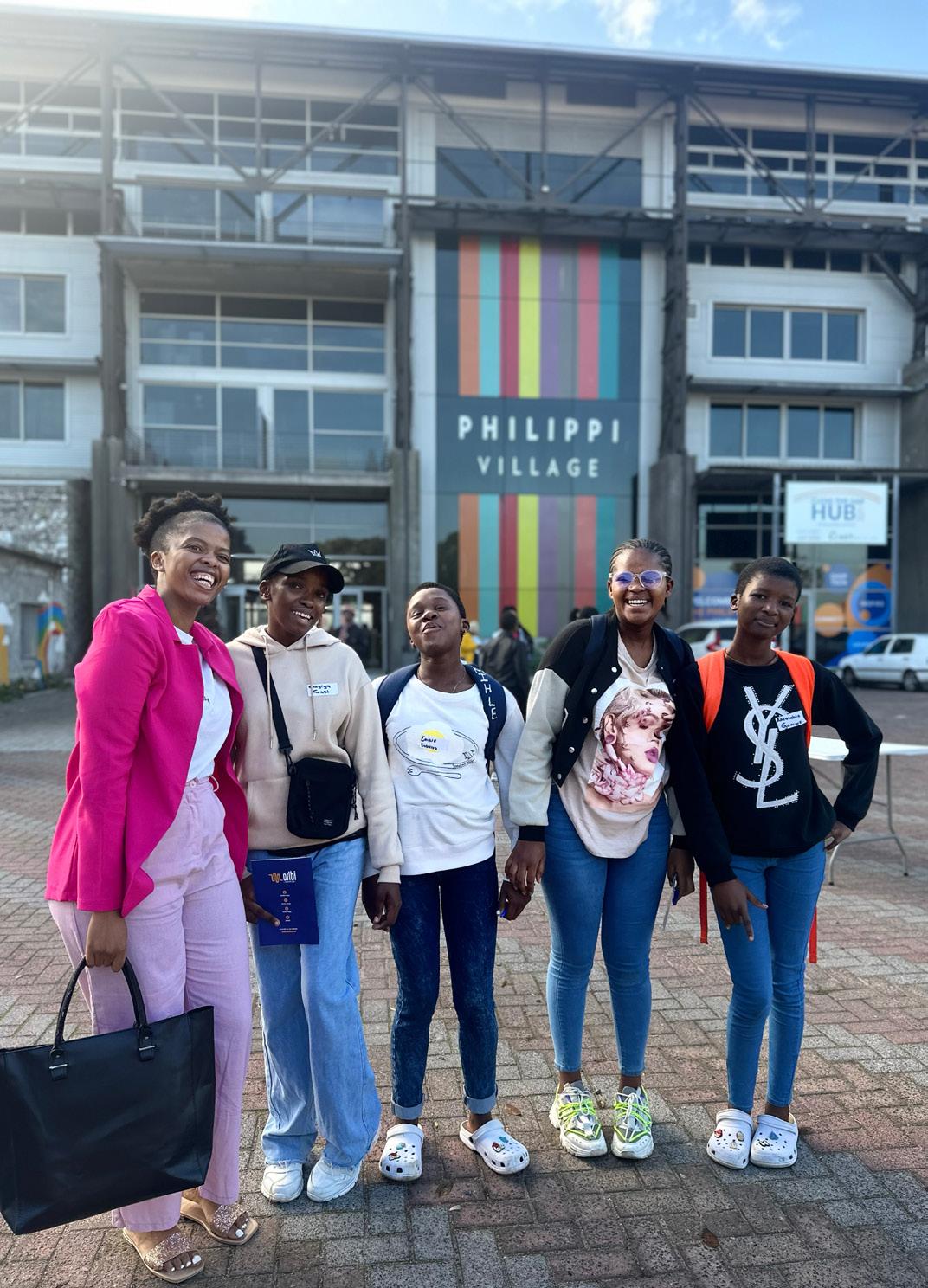
“Again, it’s a question of opportunity and ensuring all genders have equal access and shorter pathways to the heart of the value chain,” Maema says. Ultimately, despite these challenges, this is one of the few countries in the world where the number of women starting their own business is actually growing, something that Maema says can only be a net positive. “More female business owners means a bigger economy with a greater number of opportunities for everyone.” And these businesses often benefit wider society as a whole. Look no further than Sibongile Mongadi’s Uku’hamba project, which is building prosthetic limbs from affordable materials or the SME-funding firm Akiba, co-founded by Tebogo Mokwena. “Going forward,” Maema says, “the key is to incubate and support budding entrepreneurs while ensuring marginalised groups are equipped to navigate South Africa’s corporate machinery.” Fostering talent this way is the Oribi vision through and through. Discover more about Oribi and its incubator model at https://www.oribi.org.za/
About Oribi
Oribi is a non-profit incubator dedicated to catalysing high-impact entrepreneurship with, from and for marginalised people and places and fostering sustainable development in South Africa. We collaborate with many stakeholders to unlock individual and collective action and address social, economic and environmental challenges. Through a systems approach, we enable people to identify needs, prioritise solutions and implement impactful social enterprises. Our focus areas include community enablement, food systems, entrepreneurial support, inclusivefinancing support, access to networks and policy engagement. Thanks to technical support from Value for Women, we apply a gender lens in our actions. Join us in creating positive change for a brighter future. Visit www.oribi.org.za to learn more.
Biography
Nthakoana Maema has a strong commitment to creating financially thriving and inclusive economies in South Africa. She leverages her extensive experience as a development strategist spanning over 17 years. Passionate about sustainable cities, social entrepreneurship and promoting youth and gender inclusion, Nthakoana approaches complex challenges through the lens of equity and systems thinking. Her diverse educational background includes studies in Business Science with a focus on Finance, Design Thinking and NPO/SE Management. Recently, she furthered her expertise by completing a Postgraduate Diploma in Sustainable Development at Stellenbosch University. Nthakoana is the founder of FutureProof Consultancy, where she empowers leaders and teams to build resilience and cultivate a culture of innovation.
African Women In Stem
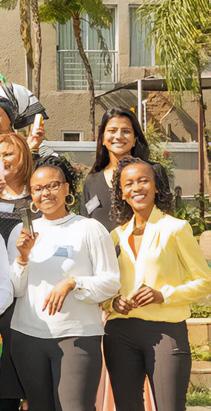
Young African women who want to pursue careers in science, technology, engineering or mathematics (STEM) have increasing numbers of inspiring examples to help frame and fan their ambitions. There are also more organisations, social media groups and media outlets focussing on the subject of women in STEM. We focus here on three. WORDS THAT COUNT is a website which tells stories about women who are successful in STEM careers. The founder and content director is Winnie Nakiyingi, a Ugandan statistician who has worked in several African countries and Canada, but who describes most of her work as being in “academia and STEM advocacy”.
Some examples of career stories that are featured on the website: + Jordana Esther Muwanguzi, Uganda, computational biologist + Papama Lose, South Africa, diagnostic radiographer + Dr Jennifer Batamuliza, Rwanda, data scientist
+ Dr Keabetswe Ncube, pictured with a small goat, is a genomics specialist works at Inqaba Biotechnical on genetic testing that can improve stock animals. She also has her own agricultural consulting company.
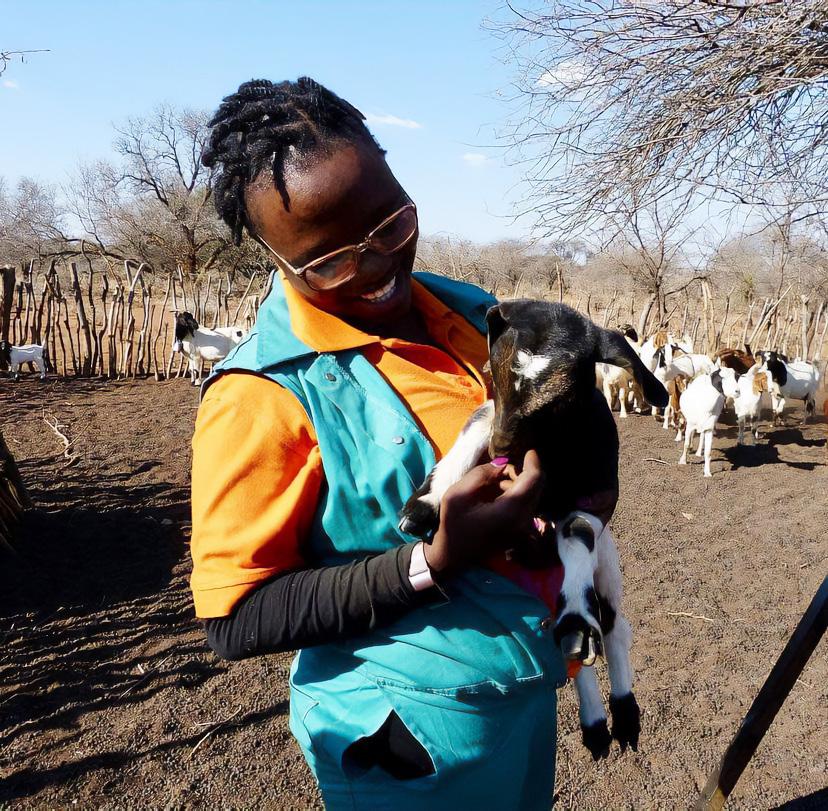
Inspiring Women Of Africa
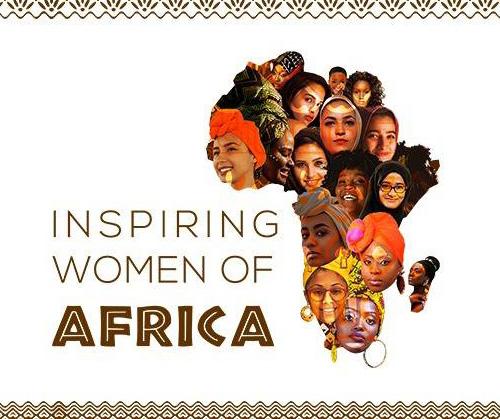
Inspiring African Women bring together women in STEAM fields to celebrate our unique experiences and diverse perspectives. We aim to create an inclusive and empowering community by celebrating the unique experiences of women in these fields and providing them with opportunities to thrive and excel.
Inspiringfifty
InspiringFifty SA describes itself as a non-profit initiative that benchmarks and awards the 50 most inspiring women in #STEM in partnership with @cocreatesa
